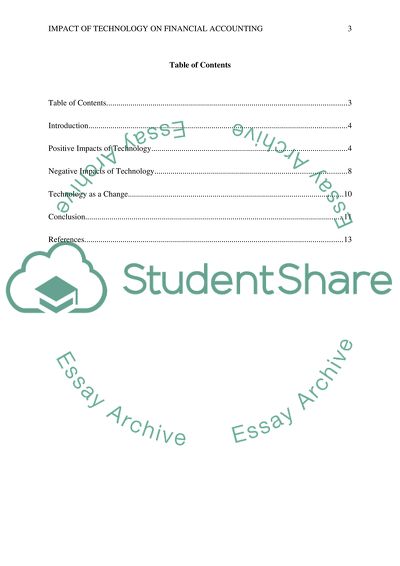Cite this document
(“The Impact Of Technology On Financial Accounting Research Paper”, n.d.)
Retrieved from https://studentshare.org/finance-accounting/1399414-the-impact-of-technology-on-financial-accounting
Retrieved from https://studentshare.org/finance-accounting/1399414-the-impact-of-technology-on-financial-accounting
(The Impact Of Technology On Financial Accounting Research Paper)
https://studentshare.org/finance-accounting/1399414-the-impact-of-technology-on-financial-accounting.
https://studentshare.org/finance-accounting/1399414-the-impact-of-technology-on-financial-accounting.
“The Impact Of Technology On Financial Accounting Research Paper”, n.d. https://studentshare.org/finance-accounting/1399414-the-impact-of-technology-on-financial-accounting.


